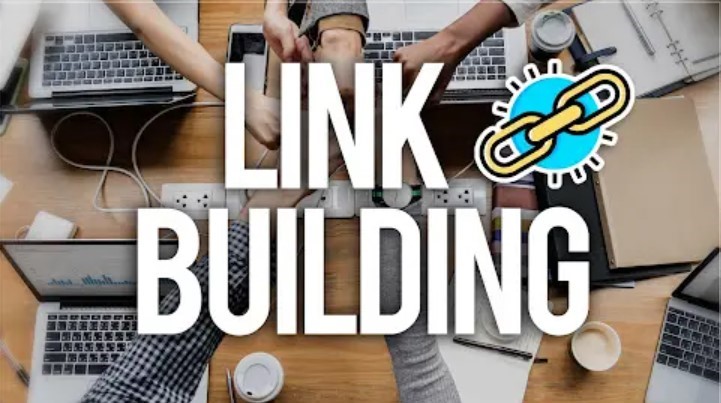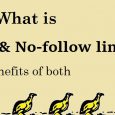Table of Contents
Links are essential for e-commerce websites to rank well in search engine results pages (SERPs) and make money. That’s why creating a diverse link-building strategy is essential to incorporate different types of links. Feel free to contact bloggers that curate discounts or host giveaways. Just be sure to use the rel=nofollow attribute to avoid a spam penalty from Google.

Create a Press Release
Digital PR is essential to any e-commerce link-building strategy as it can earn high-quality links from relevant publications. It can also promote your e-commerce brand and drive traffic to your site. Press releases are newsworthy content that shares a story about your business. They can include information about new products, events, campaigns, or even charity work. They should always be timely and relatable to your audience. Remember the AP style requirements when drafting your press release, employ the five Ws (who, what, where, when, and why), and pay attention to grammar and style. Also, hiring a professional writer to compose your press release is a good idea.
Create Infographics
Readers’ interest will be captured and piqued by producing aesthetically appealing material, driving social media sharing. Infographics are an excellent method to create links because they may be linked to resource sites and other relevant information. E-commerce link building is crucial to any online store’s SEO strategy. But really, what is link building? It helps improve your website’s visibility, search engine rankings, and organic traffic. It can even help increase conversions and revenue. With the proper techniques, you can create effective e-commerce link-building strategies.
Reach Out to Influencers
Ecommerce Link Building is acquiring backlinks from other websites to improve your e-commerce website’s search engine rankings and visibility. It helps to increase traffic, conversions, and revenue.
A tried and tested strategy is to reach out to influencers in your space and provide them with content they can share with their audience. It can be in blog posts, infographics, or videos. Creating data-driven content can be a link-building goldmine. People love to cite facts and figures in their content, which are also easy to share on social media. Creating controversial content can also attract links (as long as you can handle the fallout). It might be an essay expressing an opinion or a stance on a subject.
Create Blog Posts
Making content that other people want to link to is the most excellent approach to increasing the number of links pointing to your e-commerce website. It could be anything from infographics to blogs to videos. The key is to create content that leaves a reader with a strong reaction, such as amazement, happiness, fear, etc. Another excellent tactic for e-commerce websites is to create a FAQ page. Customers will discover solutions to their problems quickly and simply thanks to it, and you’ll have the opportunity to obtain high-quality backlinks! Remember to use partial match anchors so your links don’t look spammy. Otherwise, you’ll risk getting penalized by Google!
Write Guest Posts
Rather than writing one-off guest posts, look for opportunities to contribute regularly on authority sites in your niche. You may publish a FAQ website that addresses frequently asked issues in your sector, do an interview, or write articles. You can also find many potential links by setting up mention alerts for your brand name and products. When you see people discuss your product in forums, reach out to ask if they would like to include your link. It is an excellent method to create links for blog articles, category sites, and product pages. Keep your content up-to-date, and it can continue to drive relevant referral traffic months and years after publication.
Build Relationships
Driving traffic to category, brand, and product pages is a significant challenge for e-commerce brands. Building links to these pages while doing outreach might be easy. It is where content-led link building can help. This strategy involves creating resource pages with helpful answers to common questions in your industry. Then, your homepage and content hubs may connect to these pages. Connecting with essential bloggers and journalists in your field is another tried-and-true strategy for e-commerce link-building. It can lead to positive coverage and backlinks. Just be sure only to build relationships with high-quality publications.



